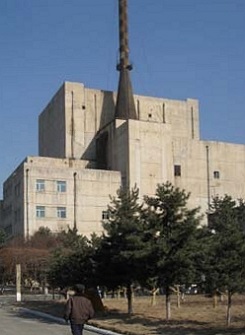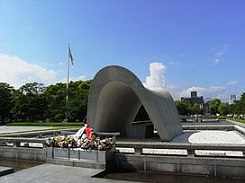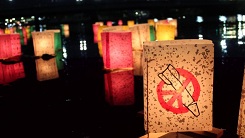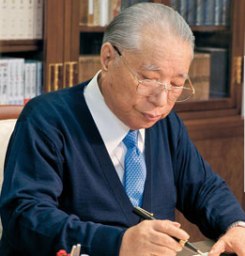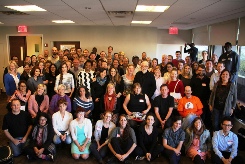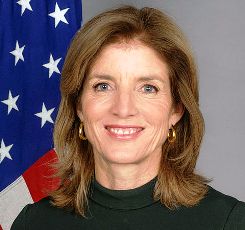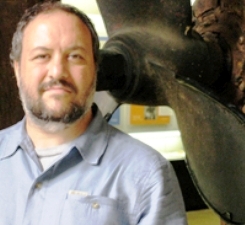By Valentina Gasbarri* | IDN-InDepth NewsAnalysis
ROME (IDN) – The 10th anniversary of the adoption of the UN Security Council Resolution 1540 on April 28, 2014 can be especially propitious for standing back from the perennial present of international security issues and evaluating longer-term trends.
The threat posed by the spread of nuclear weapons and ballistic missiles is one of the main security challenges of the 21st century. The fall of the Berlin Wall and the end of the Cold War led to a gradual reduction both in the security framework and in the perception of security.
In order to address this challenge and develop appropriate solutions, accurate risk factors analysis is required, as well as the ability to generate a multi-dimensional response: promoting the development of a comprehensive non-proliferation regime while also trying to explore how nuclear energy can safely be harnessed for sustainable economic development. The implications of nuclear proliferation for international relations are difficult to predict but profound.

